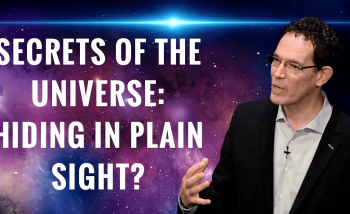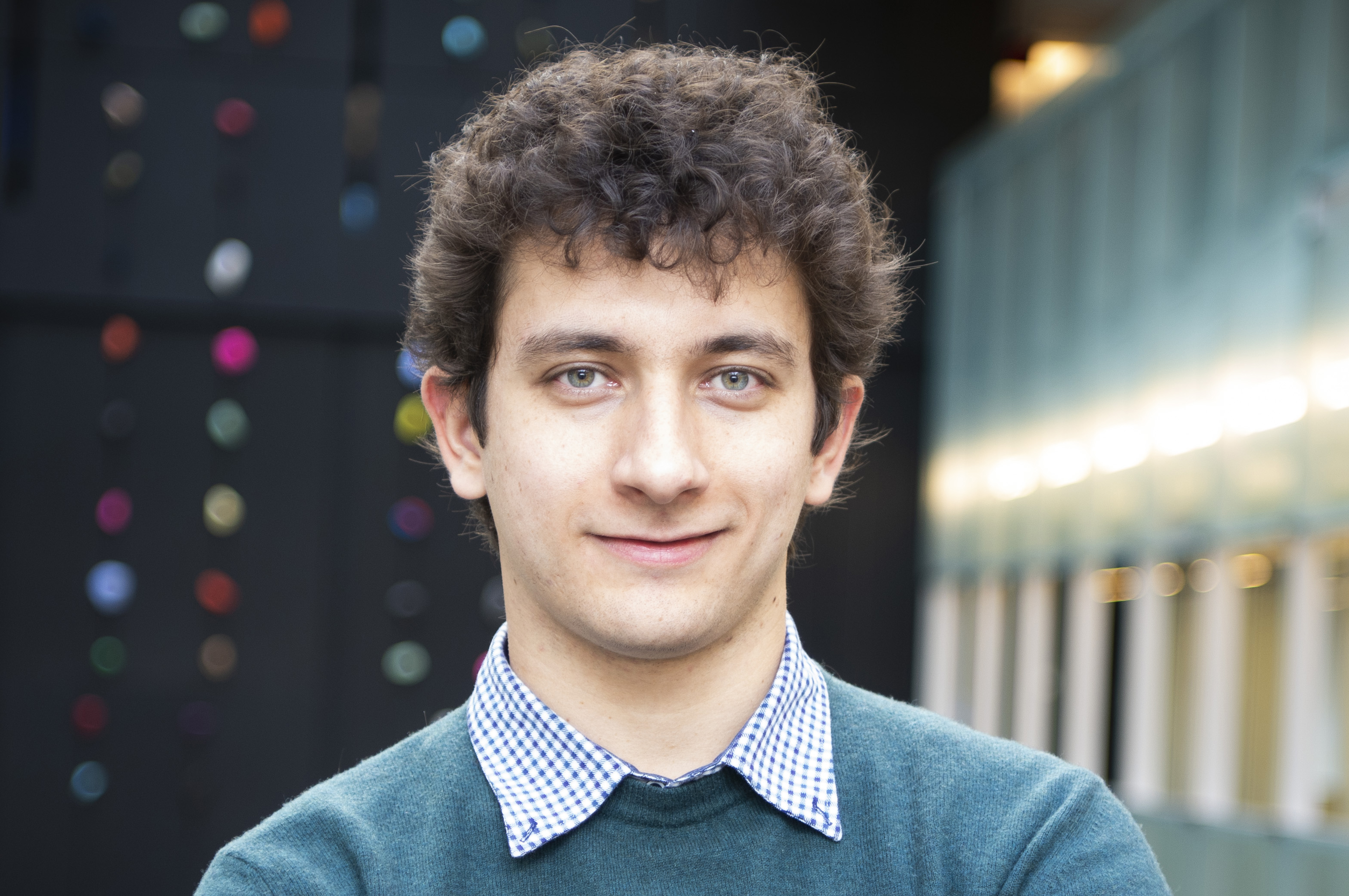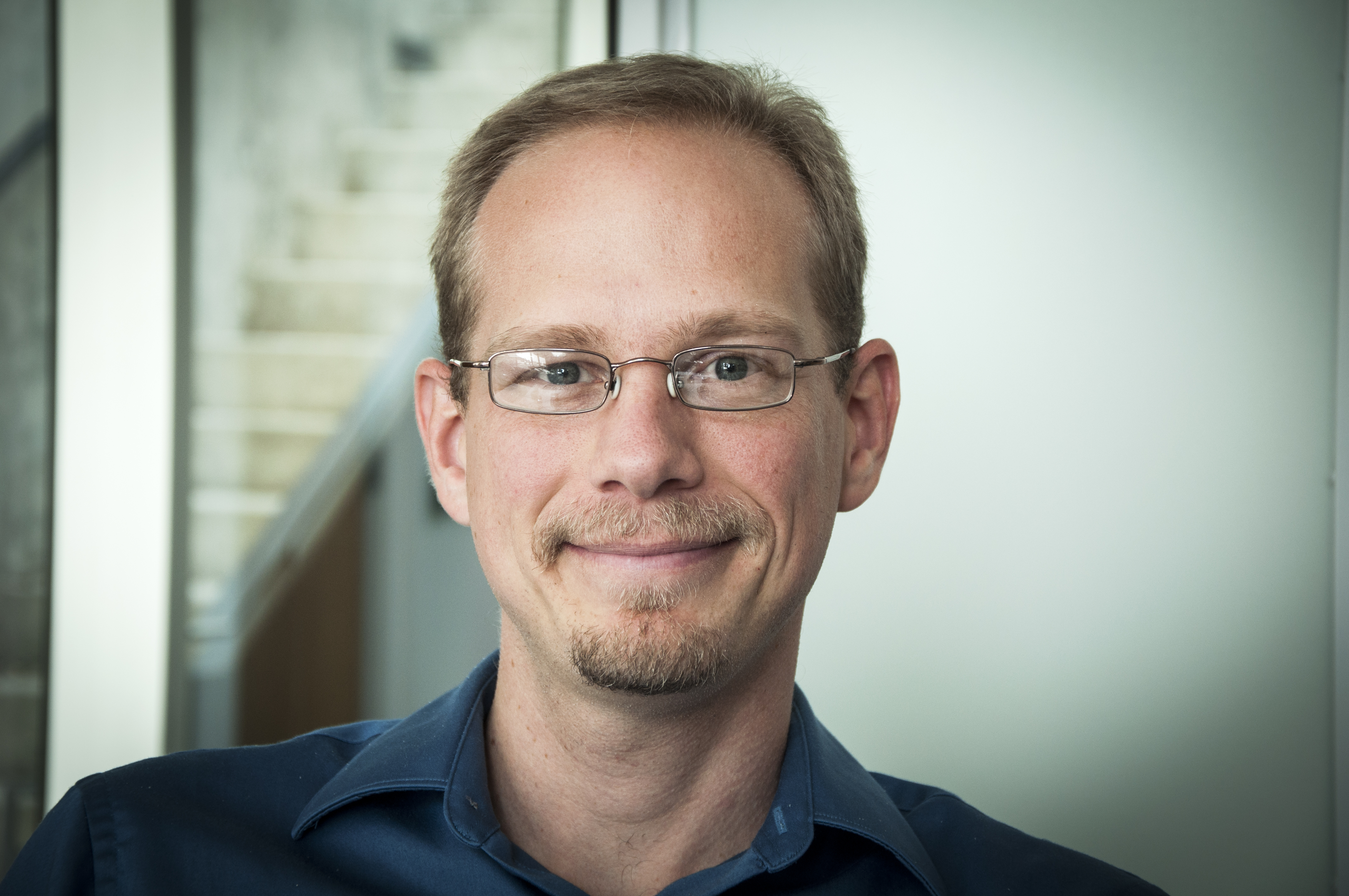For the fifth time in the five-year history of the Buchalter Cosmology Prize, the awards have recognized research by Perimeter Institute scientists.
This year, postdoctoral researcher Davide Racco was among the first-prize winners for work completed during his PhD at the University of Geneva, while Perimeter Associate Faculty member Matthew Johnson was awarded third prize. The award marks Johnson’s second recognition with a Buchalter Cosmology Prize, following his third-prize win in the inaugural competition.
The winning paper, “A Cosmological Signature of the Standard Model Higgs Vacuum Instability: Primordial Black Holes as Dark Matter,” emerged from a six-month collaboration visit Racco made to Barcelona to work with co-author José Ramón Espinosa while completing his PhD under Antonio Riotto in Geneva.
Racco et al. explored fluctuations in the Higgs field during inflation and proposed the possibility that dark matter could consist of primordial black holes formed at the dawn of the universe – “a fascinating and novel approach putting forth an exotic option for dark matter,” according to the Buchalter judging panel. Notably, their proposal could explain the existence of dark matter without requiring any new physics beyond the Standard Model.
“I am very honoured to receive this important award at this stage of my career,” said Racco. “I consider this research line very interesting because important pieces of information about physics at high energies could be disclosed by the mutual interconnection of particle physics and cosmology.”
Racco joined Perimeter as a postdoctoral researcher in October 2018, where he is continuing his research regarding dark matter and the vacuum instability of the Higgs field.
Johnson is theoretical cosmologist, who has held a joint appointment at Perimeter and York University since 2012. For the awarded paper, “A New Semiclassical Picture of Vacuum Decay,” he worked with colleagues — including former Perimeter Emmy Noether Fellow Silke Weinfurtner — spanning wide areas of expertise, including dark matter simulations, observational cosmology, and analog gravity, among others. The judging panel recognized their paper as “a fresh and novel perspective on vacuum decay.”
Many theories of particle physics, including the Standard Model, rely on the notion that a quantum field can possess multiple vacuum states, and one vacuum can decay into another quantum mechanically via the formulation of expanding bubbles. Johnson and his colleagues presented a new technique that can reproduce the results of the standard calculation for the rate of vacuum decay, but also fills in the spacetime picture of what a hypothetical observer would actually see during the decay process.
To do so, they applied a standard calculational technique from atomic physics to numerically simulate the quantum vacuum of a field and observed its decay many thousands of times to calculate the rate of decay. The resulting “movies” of vacuum decay represent what a collection of hypothetical observers would see, which has numerous potential applications for inflationary cosmology.
“This project was great fun because it required us to think about a well-established set of ideas from a completely different perspective,” said Johnson. “I see great potential in using this new perspective to learn more about what might have occurred in the very early universe.”
The winners of the 2018 Buchalter Cosmology Prize were announced on January 8 at the 233rd meeting of the American Astronomical Society in Seattle, Washington. Created by astrophysicist-turned-entrepreneur Ari Buchalter in 2014, the annual prize seeks to reward new ideas or discoveries that have the potential to produce a breakthrough advance in our understanding of the origin, structure, and evolution of the universe.
Further exploration
About PI
Perimeter Institute is the world’s largest research hub devoted to theoretical physics. The independent Institute was founded in 1999 to foster breakthroughs in the fundamental understanding of our universe, from the smallest particles to the entire cosmos. Research at Perimeter is motivated by the understanding that fundamental science advances human knowledge and catalyzes innovation, and that today’s theoretical physics is tomorrow’s technology. Located in the Region of Waterloo, the not-for-profit Institute is a unique public-private endeavour, including the Governments of Ontario and Canada, that enables cutting-edge research, trains the next generation of scientific pioneers, and shares the power of physics through award-winning educational outreach and public engagement.
You might be interested in
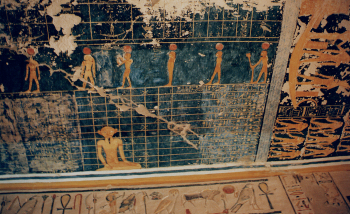
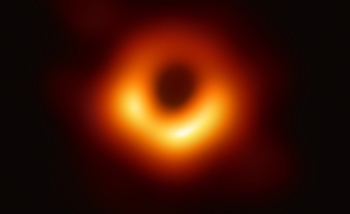
Spiralling light from M87’s supermassive black hole reveals strong magnetic fields
November 8, 2023
